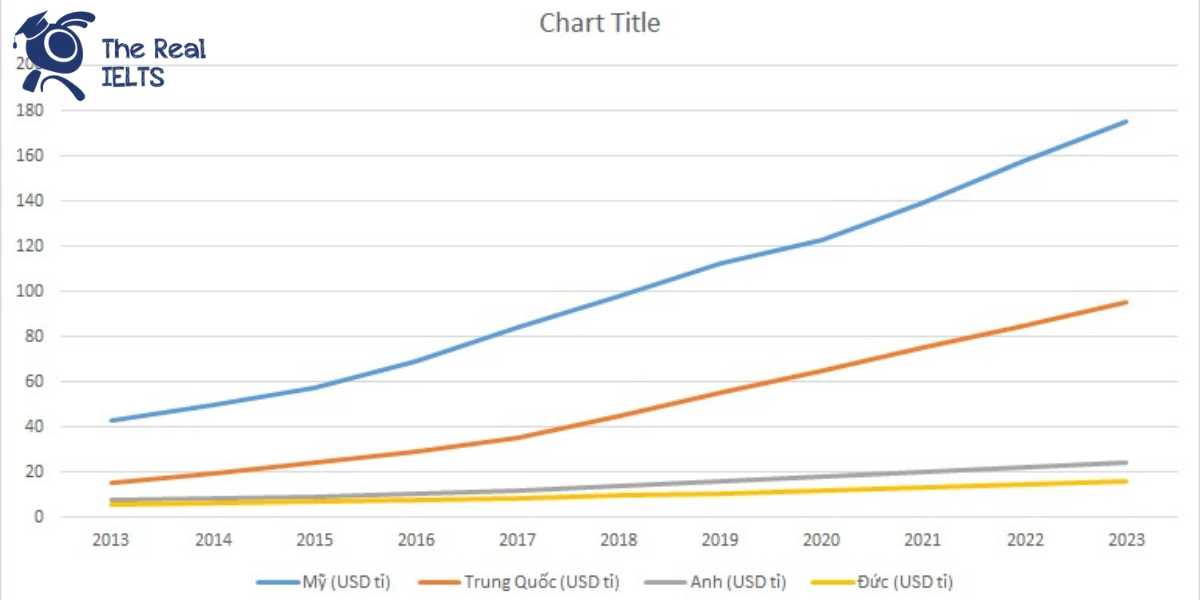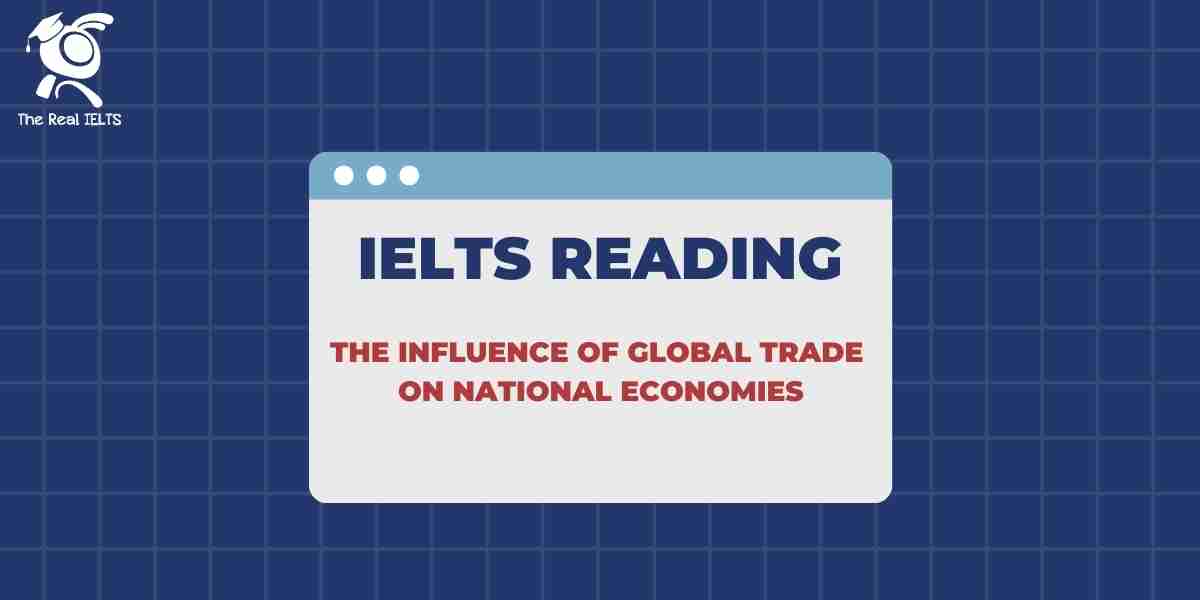Đề bài IELTS Writing Task 2 dạng Agree or Disagree Part 93
You should spend about 40 minutes on this task
Social media platforms should be held accountable for the content posted by users. To what extent do you agree or disagree?
Write at least 250 words.
Giải mẫu IELTS Writing
In the digital age, social media platforms have become significant channels for communication and information dissemination. The question of whether these platforms should be held accountable for the content posted by users is a contentious issue. I believe that while social media companies should bear some responsibility, it is also crucial to acknowledge the limits of their control over user-generated content.
Firstly, social media platforms have a duty to ensure that their services are not used to propagate harmful content. This includes hate speech, misinformation, and illegal activities. By implementing robust content moderation policies and employing advanced algorithms and human moderators, these platforms can mitigate the spread of dangerous content. For example, Facebook and Twitter have made significant strides in identifying and removing posts that violate their community guidelines. Holding these companies accountable can incentivize them to continuously improve their moderation practices, thereby creating safer online environments.
Moreover, social media companies profit from user engagement, which is often driven by sensational and controversial content. Therefore, it is only fair that they invest a portion of their revenues into monitoring and managing the content on their platforms. When platforms take responsibility for harmful content, it can lead to a more ethical approach to content management, fostering trust among users and promoting a healthier digital discourse.
However, it is also essential to recognize the challenges social media companies face in regulating content. The sheer volume of posts uploaded every minute makes it impossible to catch every instance of inappropriate content immediately. Additionally, content moderation involves complex judgments about context and intent, which algorithms and even human moderators can struggle to accurately assess. Overzealous regulation can also lead to censorship, suppressing free speech and suppressing legitimate discourse.
Furthermore, the primary responsibility for online behavior should lie with the users themselves. Social media platforms are tools, and like any tool, their impact depends on how they are used. Users must be educated about digital literacy and the consequences of sharing harmful content. Governments and educational institutions can play a significant role in this by promoting responsible online behavior and critical thinking skills.
In conclusion, while social media platforms should be held accountable to some extent for the content posted by users, this responsibility must be balanced with the practical limitations they face and the need to protect free speech. A combined effort involving social media companies, users, and policymakers is essential to create a safer and more responsible online environment.
Cấu trúc ngữ pháp và cấu trúc câu
Cấu trúc câu và cấu trúc ngữ pháp
- Câu phức (Complex sentences): Những câu có chứa mệnh đề phụ thuộc và mệnh đề độc lập.
- “In the digital age, social media platforms have become significant channels for communication and information dissemination.”
- “The question of whether these platforms should be held accountable for the content posted by users is a contentious issue.”
- Câu ghép (Compound sentences): Những câu có hai mệnh đề độc lập, thường được nối bằng liên từ.
- “I believe that while social media companies should bear some responsibility, it is also crucial to acknowledge the limits of their control over user-generated content.”
- “When platforms take responsibility for harmful content, it can lead to a more ethical approach to content management, fostering trust among users and promoting a healthier digital discourse.”
- Câu đơn (Simple sentences): Những câu chỉ có một mệnh đề độc lập.
- “This includes hate speech, misinformation, and illegal activities.”
- “Social media platforms are tools, and like any tool, their impact depends on how they are used.”
- Câu bị động (Passive voice): Sử dụng để nhấn mạnh hành động hơn là người thực hiện hành động.
- “Social media platforms should be held accountable for the content posted by users.”
- Mệnh đề quan hệ (Relative clauses): Được sử dụng để bổ sung thông tin về danh từ.
- “By implementing robust content moderation policies and employing advanced algorithms and human moderators, these platforms can mitigate the spread of dangerous content.”
- Mệnh đề phụ thuộc trạng ngữ (Adverbial clauses): Cung cấp thông tin thêm về thời gian, lý do, điều kiện, v.v.
- “While social media platforms should be held accountable to some extent for the content posted by users, this responsibility must be balanced with the practical limitations they face and the need to protect free speech.”
Các từ kết nối các câu và các đoạn
- Firstly – Trước hết
- This includes – Điều này bao gồm
- By implementing – Bằng cách thực hiện
- For example – Ví dụ
- Moreover – Hơn nữa
- Therefore – Do đó
- However – Tuy nhiên
- Additionally – Ngoài ra
- Furthermore – Hơn nữa
- In conclusion – Tóm lại
Liệt kê các câu chứa từ kết nối
- “Firstly, social media platforms have a duty to ensure that their services are not used to propagate harmful content.”
- “This includes hate speech, misinformation, and illegal activities.”
- “By implementing robust content moderation policies and employing advanced algorithms and human moderators, these platforms can mitigate the spread of dangerous content.”
- “For example, Facebook and Twitter have made significant strides in identifying and removing posts that violate their community guidelines.”
- “Moreover, social media companies profit from user engagement, which is often driven by sensational and controversial content.”
- “Therefore, it is only fair that they invest a portion of their revenues into monitoring and managing the content on their platforms.”
- “However, it is also essential to recognize the challenges social media companies face in regulating content.”
- “Additionally, content moderation involves complex judgments about context and intent, which algorithms and even human moderators can struggle to accurately assess.”
- “Furthermore, the primary responsibility for online behavior should lie with the users themselves.”
- “In conclusion, while social media platforms should be held accountable to some extent for the content posted by users, this responsibility must be balanced with the practical limitations they face and the need to protect free speech.”
Các từ vựng tiếng Anh cần lưu ý trong bài viết
- Digital age – Thời đại kỹ thuật số
- Contentious – Gây tranh cãi
- Accountable – Chịu trách nhiệm
- User-generated content – Nội dung do người dùng tạo
- Duty – Nhiệm vụ
- Propagate – Truyền bá
- Hate speech – Ngôn từ thù hận
- Misinformation – Thông tin sai lệch
- Illegal activities – Các hoạt động bất hợp pháp
- Content moderation – Kiểm duyệt nội dung
- Algorithms – Thuật toán
- Community guidelines – Nguyên tắc cộng đồng
- Incentivize – Khuyến khích
- Mitigate – Giảm thiểu
- Ethical – Đạo đức
- Engagement – Sự tham gia
- Controversial – Gây tranh cãi
- Moderation practices – Thực hành kiểm duyệt
- Harmful content – Nội dung có hại
- Judgments – Phán đoán
- Context – Bối cảnh
- Intent – Ý định
- Algorithms and human moderators – Thuật toán và người kiểm duyệt
- Overzealous regulation – Quy định quá mức
- Censorship – Kiểm duyệt
- Suppressing – Đàn áp
- Free speech – Tự do ngôn luận
- Primary responsibility – Trách nhiệm chính
- Legitimate discourse – Thảo luận hợp pháp
- Digital literacy – Hiểu biết kỹ thuật số
- Consequences – Hậu quả
- Promoting – Khuyến khích
- Critical thinking skills – Kỹ năng tư duy phản biện
- Practical limitations – Giới hạn thực tế
- Combined effort – Nỗ lực chung
- Policymakers – Những người làm chính sách
- Online environment – Môi trường trực tuyến
Đọc thêm các bài Luyện Thi IELTS khác trong link nhé.















